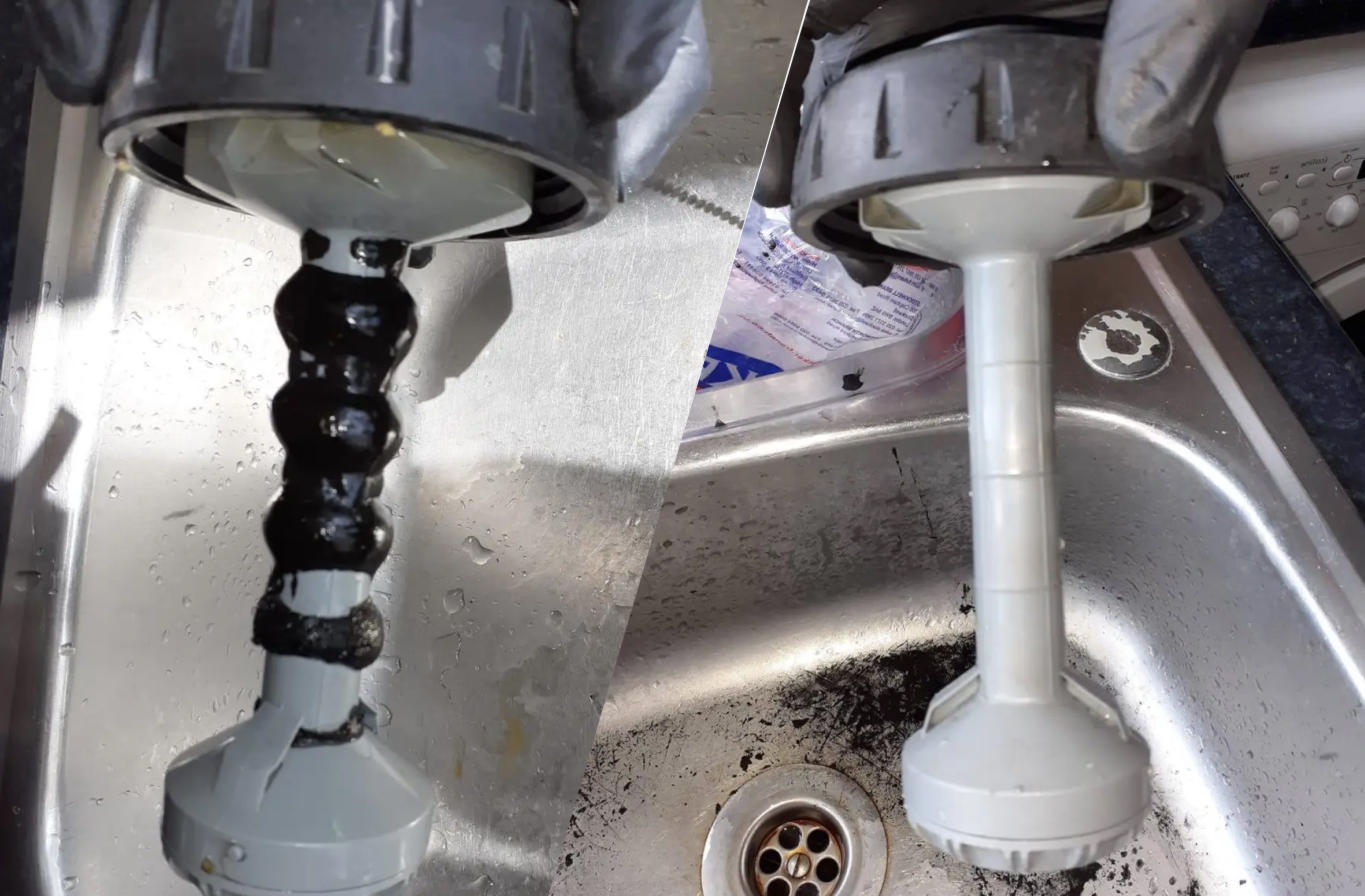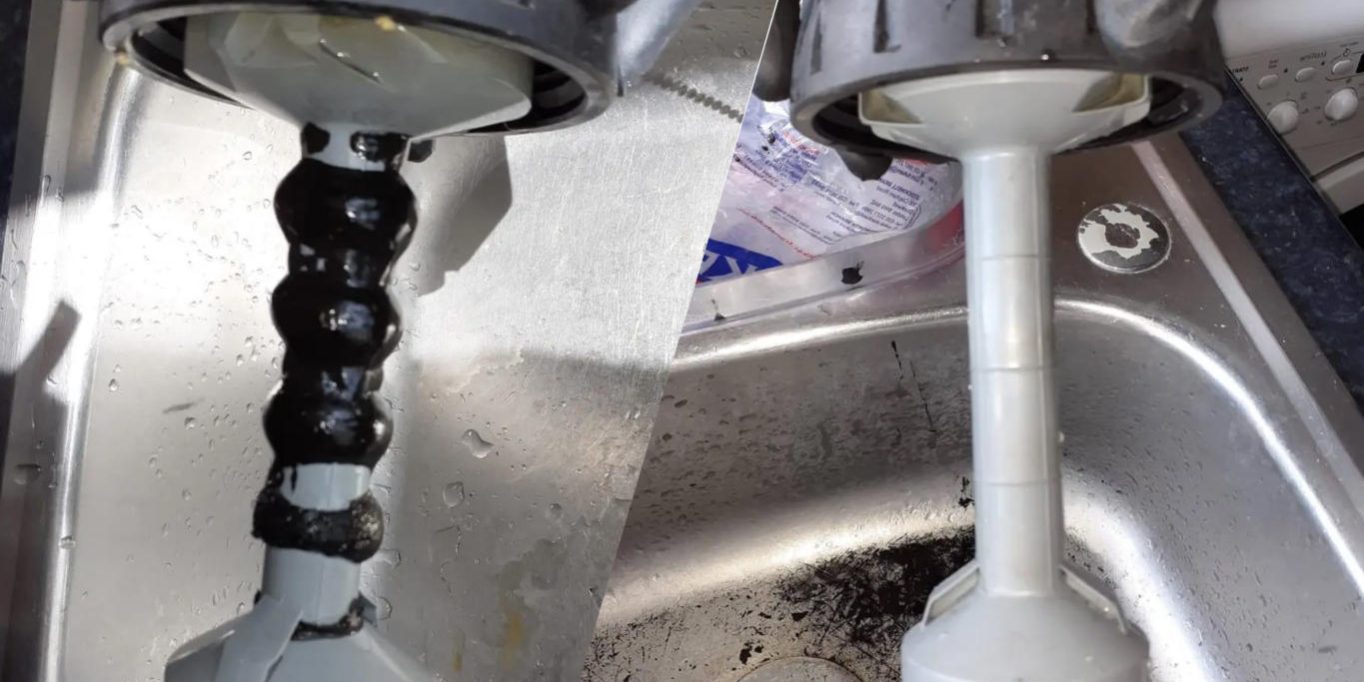Boiler filters are essential components in modern heating systems designed to remove impurities and debris from the water circulating within the boiler. These filters help maintain the efficiency and longevity of the boiler by preventing the build-up of sludge, rust, and other contaminants that can cause damage and reduce performance. As homeowners seek to optimise their heating systems and reduce maintenance costs, the question arises: are boiler filters worth the investment? Whether you're installing a new filter or learning how to check boiler pressure regularly, this article will explore the benefits of boiler filters, how they work, and whether they are a cost-effective solution for maintaining a healthy and efficient heating system. Boiler filters are essential components in modern heating systems designed to remove impurities and debris from the water circulating within the boiler. These filters help maintain the efficiency and longevity of the boiler by preventing the build-up of sludge, rust, and other contaminants that can cause damage and reduce performance. As homeowners seek to optimise their heating systems and reduce maintenance costs, the question arises: are boiler filters worth the investment? Whether you're installing a new filter or learning how to check boiler pressure regularly, this article will explore the benefits of boiler filters, how they work, and whether they are a cost-effective solution for maintaining a healthy and efficient heating system.
What Are The Filters Used In Boilers?
Magnetic filters are the types of filters used in boilers. A magnetic boiler filter is a device installed inside your central heating system to capture and remove metallic debris, primarily iron oxide (magnetite), from the water circulating through the system. Magnetic filters are typically installed on the return pipe to the boiler and can play a crucial role in maintaining the efficiency and longevity of the heating system.
How Does A Magnetic Boiler Filter Work?
Magnetism
The filter contains a strong magnet, which attracts and captures ferrous particles as water passes through the filter. Iron oxide and other magnetic particles are pulled out of the water and held within the filter.
Filtration
In addition to the magnetic component, some filters also have a mesh or gauze to capture non-magnetic debris, such as sludge, dirt, and scale.
This will also stop debris from disrupting the flow of water, as well as stopping them from eventually turning into a sludge-like substance which overtime, can clog up the central heating system.
The Benefits of Using A
Magnetic Boiler Filter In Your Central Heating System
The primary benefit of having a magnetic boiler filter in your system is to help it run effectively and efficiently for many years. Here's how a boiler filter achieves maximum efficiency:
- Prevents blockages: By removing debris, the filter helps prevent blockages in pipes, radiators, and the boiler itself. Cleaner water circulation helps the heating system operate more efficiently, as there are fewer obstructions (waste materials) that can reduce heat transfer. Filters ensure consistent heat distribution, improve water quality, and minimise the risk of corrosion and damage. Plus, a blockage-free system operates more safely and has a reduced environmental impact too!
- Extends system lifespan: Reducing the amount of debris and corrosion can prolong the life of the boiler and other components of the heating system.
- Reduces maintenance costs: Fewer blockages and less wear and tear mean lower maintenance and repair costs over time.
- Improves heating performance: Cleaner water allows for more efficient heating, leading to better performance of radiators and more consistent heat distribution throughout the property.
- Installation: A qualified heating engineer typically installs the magnetic boiler filter. It is usually placed on the return pipe close to the boiler for maximum effectiveness.
- Maintenance: The filter needs regular cleaning to remove the collected debris. This is generally a straightforward process and can be done during your annual boiler service by a professional.
How Is A Magnetic Filter Installed?
Installing a magnetic boiler filter involves several steps to ensure it is correctly fitted and functions effectively. Whilst it is a relatively painless process, we always recommend enlisting the help of a professional to install. Our engineers at Maintracts Services always recommend a magnetic filter with a new boiler installation. Most manufacturers either now stipulate that one needs to be fitted and serviced annually to satisfy the terms of their warranty, or to qualify for an extended warranty. The most popular manufacturer for magnetic filters tends to be Magnaclean – this was one of the original products on the market and is the most common. However, most boiler manufacturers are developing their own filters and some stipulate that you need to use these rather than third party filters. Your heating engineer will be able to advise you on the best product for your boiler.
Despite the installation process needing a professional touch, it is always good to understand how a magnetic filter is installed so you know what to expect.
Here is an outline of the process a heating engineer would typically follow:
1. Preparation and planning
Assessment: The engineer assesses the heating system to determine the best location for the filter, usually on the return pipe close to the boiler.
System shutdown: The heating system is turned off, and the boiler is allowed to cool down to ensure safety during installation.
2. Draining the system
The engineer drains water from the heating system to prevent leaks and spills during the installation process. This might involve opening drain valves or using a drain-off point.
3. Cutting the pipe
Using a pipe cutter, the engineer cuts a section of the return pipe where the magnetic filter will be installed. The cut is typically made in a convenient and accessible location for future maintenance.
4. Fitting the filter
Attachment: The magnetic boiler filter is then attached to the cut pipe. This may involve using compression fittings, push-fit connectors, or soldering, depending on the type of filter and the pipe material.
Sealing: Ensuring all connections are tightly sealed to prevent leaks.
5. Reconnecting the system
The engineer reconnects any disconnected parts of the system and ensures the filter is securely in place.
Before refilling the system, a preliminary check for leaks is performed to ensure all connections are secure.
6. Refilling the system
The heating system is refilled with water. The engineer may use an inhibitor to prevent future corrosion and sludge buildup.
Radiators are bled to remove any trapped air, ensuring efficient circulation and heating.
7. Testing and commissioning
The system is turned back on, and the engineer checks for correct operation, ensuring there are no leaks and that the filter is functioning as expected. The engineer will then monitor the heating system to ensure it is running efficiently and that the filter is effectively capturing debris.
8. Final checks and clean-up
A final inspection is carried out to ensure everything is professionally installed and there are no issues.
The work area is cleaned up, and any waste materials are disposed of appropriately.
9. Customer guidance
The engineer provides instructions to the homeowner on how to maintain the filter, including how often it should be checked and cleaned.
Recommendations for a maintenance schedule may be provided to ensure the filter remains effective.
How Often Do You Need To Clean A Boiler Filter?
Cleaning a boiler filter is essential for maintaining the efficiency and longevity of your heating system. It is recommended to check and clean the filter every 6-12 months. However, right after installation, it is wise to inspect and clean it more frequently—every 1-2 months—to understand how quickly debris builds up. The need for cleaning can vary based on several factors, including the system's age, water quality, and usage intensity. Older systems or those in areas with hard water like the properties we service in and around London, tend to accumulate debris faster and may require more frequent maintenance.
If you notice reduced heating efficiency, unusual noise from the boiler, or uneven heating, it is time to clean the filter. Following the manufacturer's guidelines and including filter checks in your annual boiler service schedule will keep your system running smoothly and efficiently. Keeping up with these simple tasks can save you from unexpected repairs and ensure your home stays warm and comfortable all year round.

Build Up On Magnetic Boiler Filter
Cleaning a Magnetic Boiler Filter
What Is Corrosion Inhibitor?
A corrosion inhibitor is a chemical compound that, when added in small concentrations to a corrosive environment, significantly reduces the rate of corrosion of a material, usually a metal or alloy. Corrosion inhibitors function by forming a protective film on the surface of the material, either by adsorbing onto the surface or by forming a passivating layer.
Adding an inhibitor is essential, even for a new boiler. Corrosion can occur when metal parts, like the radiators and pipework, encounter water and oxygen, leading to the rusty sludge that can build up inside the system. Therefore, the entire heating system, needs protection from corrosion. Using an inhibitor helps build a protective layer on the internal surfaces of the metal components which reduces the chemical reactions that lead to corrosion. It helps to improve efficiency, reduce the risk of leaks and blockages caused by rust, and helps to improve the longevity of your boiler, radiators, and other heating system components.
A heating engineer will top-up the corrosion inhibitor in your heating system during your annual boiler service and may also add if powerflushing your heating system. However, this will depend on the type and age of your system among other factors.
This will also stop debris from disrupting the flow of water, as well as stopping them from eventually turning into a sludge-like substance which overtime, can clog up the central heating system.
Do I Need A Magnetic Filter and Corrosion Inhibitor?
If you have a new boiler, or plan to get a new one soon, we recommend having a magnetic filter fitted as well as a corrosion inhibitor added to your system. This will ensure that you are looking after your boiler and maximising its efficiency from the off.
So, are magnetic boiler filters worth it? Overall, they are an inexpensive investment that can significantly enhance the performance and longevity of a central heating system. The improved efficiency will mean you will notice the difference in your energy bills compared with a system that is struggling to function properly. Plus, in the future, when sludge does build, you will only need to clean the filter rather than the entire boiler system – which makes the job much easier.
Check out our guide on how to clean a magnetic filter for more information.
With a magnetic filter, you will reduce the risk of needing expensive repairs later down the line. It will prolong the life of your boiler and can even increase the length of your boiler warranty in some cases.

